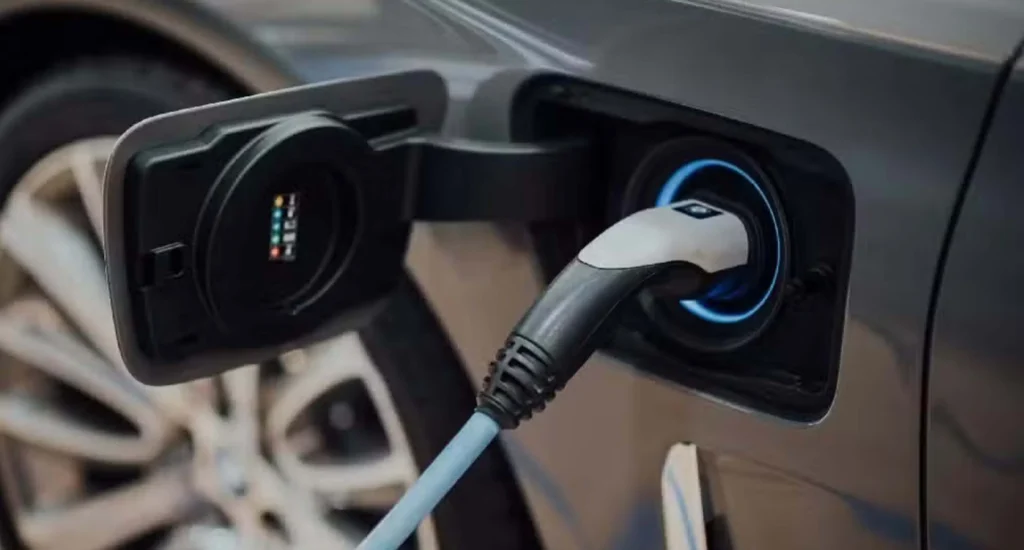Government Reduces EV Charging Tariffs by 45% to Promote Electric Vehicles
- Abeera Marium Siddiqui
- January 16, 2025
- 2:14 pm
- 63
- Business

The government reduces EV charging tariffs by 45%. This is part of its commitment to fighting climate change and making electric vehicles more accessible. The government announced a significant cut in tariffs for EV charging stations, slashing rates from Rs71.10 to Rs39.70. This initiative aims to encourage the use of electric vehicles across the country.
A Game-Changing Move for EVs
Federal Minister for Energy Awais Leghari stated that this decision to reduce EV charging tariffs would pave the way for an expanded EV charging infrastructure. High electricity rates and limited legislation had previously hindered the growth of EV adoption. This tariff reduction, however, marks a crucial step forward in promoting sustainable transportation in Pakistan.
Prime Minister Shehbaz Sharif emphasized the importance of making EVs affordable. He highlighted how this move would help reduce pollution and reliance on costly fuel imports. According to Leghari, the change in EV charging tariffs will also benefit small businesses. Entrepreneurs can now set up battery charging stations even in neighborhood shops. Approval will be granted to set up the stations within 15 days via an e-portal.
Addressing Environmental and Economic Challenges
Transportation accounts for 43% of airborne emissions in Pakistan. The National Electric Vehicle (NEV) policy, launched in 2020, was designed to tackle this issue. The government’s decision aligns with its goal to transition 30% of new vehicles to electric power by 2030.
The NEV policy includes several incentives to support this transition. Government subsidies for electric vehicles such as Rs50,000 for electric motorcycles and Rs200,000 for three-wheelers are among the measures introduced. The government has allocated Rs4 billion for this purpose. Additionally, the government is urging financial institutions to provide green energy loans. This will enable more people to switch to electric two- and three-wheelers.
Encouraging Investments and Innovations
BYD Group of China has already obtained a manufacturing license. Additionally, Dewan Motors plans to launch EVs in Pakistan under a completely knocked-down (CKD) model. These developments reflect growing investor confidence in the country’s EV market.
Prime Minister Shehbaz Sharif lauded the tariff cut as a critical step to encourage investments in charging stations and plants. This move reduces the burden on foreign exchange reserves by lowering fuel imports. It also supports renewable energy adoption and climate change initiatives in Pakistan.
Encouraging Investments and Innovations
The government’s reforms go beyond the EV sector. The energy ministry cut circular debt by Rs12 billion, reducing it to Rs368 billion. Distribution companies reduced their losses significantly in the first five months of FY25. These improvements, coupled with the reduced EV charging tariffs, indicate the government’s ongoing efforts to stabilize the energy sector and support sustainable growth.
With this tariff reduction, Pakistan is positioned to accelerate its journey toward a cleaner and greener future. It will foster renewable energy adoption and sustainable transportation across the nation.



